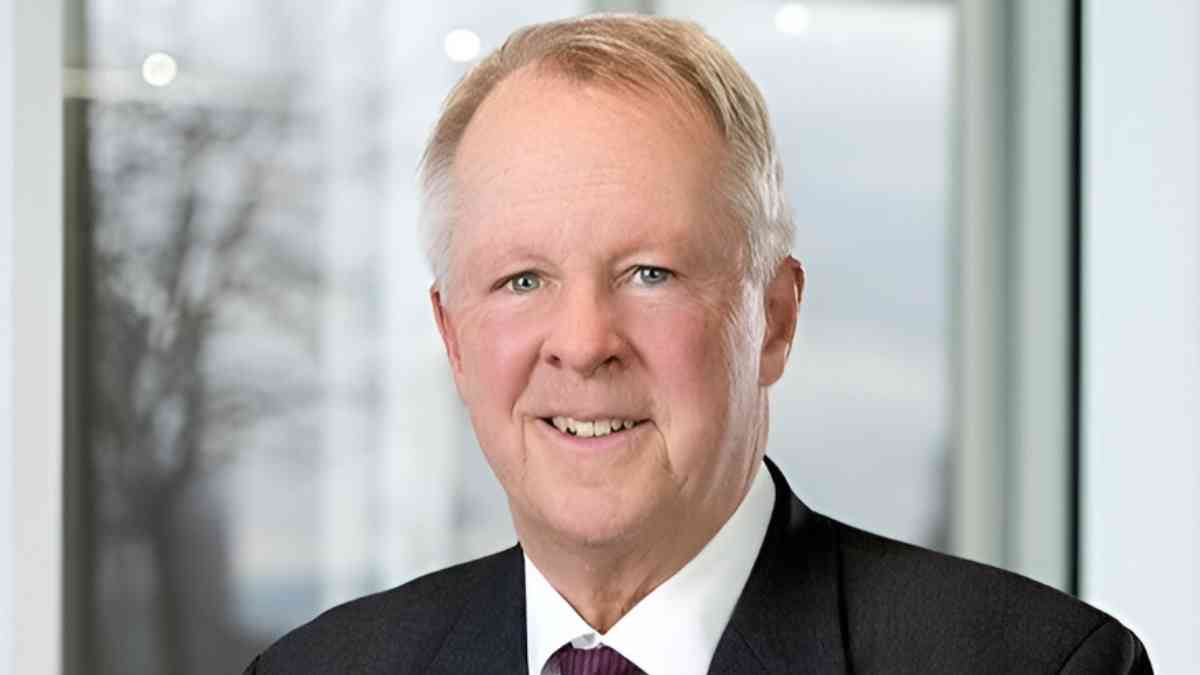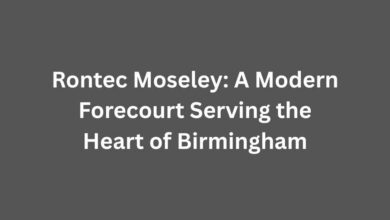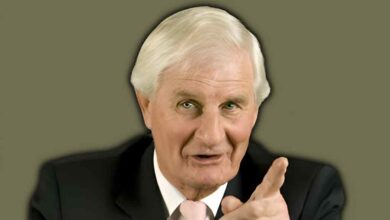Robin Budenberg: The Visionary Chairman Steering British Banking Forward

Robin Budenberg is a name synonymous with integrity, economic insight, and measured leadership. Known widely as the Chairman of Lloyds Banking Group and The Crown Estate, his professional journey has been one of purpose, precision, and pivotal influence within British finance. Over several decades, Budenberg has held key roles that have impacted the UK’s economic landscape—from navigating financial crises to ensuring stable governance in major institutions. This in-depth profile explores Robin Budenberg’s life, achievements, leadership philosophy, and how he compares and collaborates with other prominent figures such as Charlie Nunn.
Early Life and Family Roots
Born in May 1959, Robin Francis Budenberg was raised in Cheshire, England. His upbringing was steeped in entrepreneurial heritage—his family ran the Budenberg Gauge Company, a business that originated in the 19th century and became a staple of British engineering. This industrial backdrop may have shaped his pragmatic worldview and his future in finance.
Though not much is publicly revealed about his immediate family or siblings, Budenberg is known to be married with four children. He prefers a private family life, staying out of the celebrity spotlight, which is quite common among high-profile British executives who prioritize discretion over flamboyance.
Education and Early Career
Robin Budenberg pursued a Bachelor of Law degree at the University of Exeter before qualifying as a Chartered Accountant at Price Waterhouse. His academic background combined legal understanding with financial expertise—an ideal combination for corporate and banking roles.
Budenberg’s early professional years were spent at the prestigious S.G. Warburg & Co., which later became part of UBS Investment Bank. He spent over 25 years there, gaining deep exposure to investment banking, advising governments and corporations alike.
UK Financial Investments: A National Responsibility
In 2010, Robin Budenberg took on a crucial public service role as Chief Executive—and later Chairman—of UK Financial Investments (UKFI). This government body was established during the aftermath of the 2008 financial crisis to manage taxpayers’ stakes in bailed-out banks, such as RBS and Lloyds. Budenberg was instrumental in stabilizing public confidence and managing large-scale financial assets with transparency.
His stewardship during this turbulent time helped restore trust in the system, earning him the title of Commander of the Order of the British Empire (CBE) in 2015 for his service to the taxpayer and economy.
Leadership at The Crown Estate
In 2016, Budenberg became Chairman of The Crown Estate, a role he still holds today. This organization oversees a vast portfolio of lands and assets belonging to the British monarchy but is managed independently for public benefit. Under Budenberg’s chairmanship, The Crown Estate made significant strides in sustainability and responsible investment.
His term was extended in 2024 to ensure a smooth transition of leadership, indicating the trust and respect he commands in both public and corporate circles.
Chairman of Lloyds Banking Group
Perhaps the most prominent position Budenberg holds is that of Chairman at Lloyds Banking Group. He joined the board as a non-executive director in 2020 and became Chairman in January 2021. At Lloyds, he partners closely with Group Chief Executive Charlie Nunn, forming a leadership duo that has guided the bank through post-pandemic recovery, digital transformation, and modern banking challenges.
Budenberg’s role is more governance-oriented, overseeing board functions, risk management, and stakeholder trust, while Nunn handles day-to-day operations and strategy execution. Together, they represent stability and innovation in British banking.
Vision and Philosophy
Robin Budenberg is known for a calm and measured approach. He avoids the limelight, rarely makes public declarations, and instead focuses on strong internal governance and results. His leadership style is deliberate rather than reactionary—he favors data, stakeholder alignment, and sustainable decisions over short-term optics.
This style is particularly effective in large institutions where public perception, political pressures, and financial complexity converge. Budenberg’s leadership is often credited with grounding Lloyds Banking Group during critical transitions.
Comparison to Charlie Nunn
Charlie Nunn, the Group CEO of Lloyds Banking Group, complements Budenberg with a more visible and operational leadership style. Nunn came from HSBC and brings a tech-forward, customer-centric vision. Where Budenberg ensures governance integrity, Nunn drives innovation.
Their synergy is vital: Budenberg provides strategic oversight, while Nunn champions execution. This dual structure is one reason Lloyds has retained its strong market position amid fierce competition and digital disruption.
Net Worth and Financial Interests
As of 2024, Budenberg made headlines when he purchased one million shares of Lloyds Banking Group, worth approximately £455,000. Though his exact net worth is not publicly disclosed, his compensation as Chairman in 2022 was £625,000.
He is considered financially secure but not ostentatious—more of a steward than a showman. His investment in Lloyds signals personal commitment to the institution he governs.
Personal Traits and Lifestyle
Despite his stature, Robin Budenberg maintains a low profile. He is rarely seen in public events or media appearances. This aligns with a lifestyle focused on family, responsibility, and measured impact. He is not active on social media platforms, preferring private communication and boardroom engagement.
Those who have worked with him describe him as articulate, ethical, and unshakeably composed. These traits make him a trusted figure in British finance, someone who leads by example rather than performance theatrics.
Contributions to British Economy
Budenberg’s legacy includes his crucial role during the UK banking bailout, the modernization of The Crown Estate, and his current chairmanship of one of the UK’s largest banking groups. He is also known to have influenced responsible corporate governance practices, particularly around ESG (Environmental, Social, Governance) principles.
His knighthood in 2023 was a recognition of decades of unflinching service to the economy—quietly impactful, deeply professional, and persistently fair.
Conclusion
Robin Budenberg represents a rare class of corporate leaders who prioritize integrity, long-term stability, and understated impact. His partnership with Charlie Nunn at Lloyds Banking Group demonstrates how governance and innovation can co-exist and thrive.
As British finance continues to evolve amidst digital revolutions and global challenges, Budenberg’s leadership serves as a reminder that strength often lies in subtlety. His career is a blueprint for how quiet visionaries shape the systems we rely on every day.



